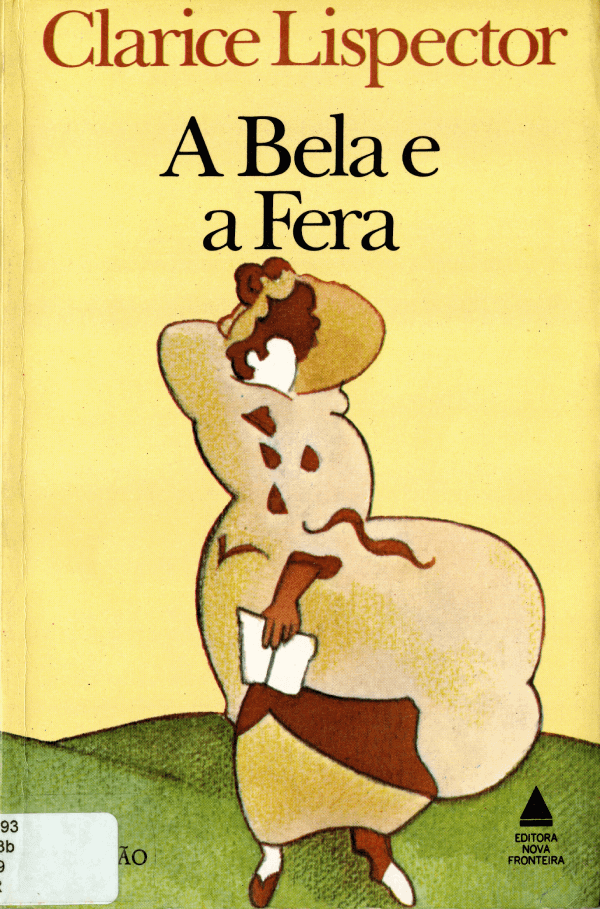A collection of short stories released posthumously, bringing together six stories from 1940-41 and two from 1977, shortly before the author’s death, speaking of choices, the meaning of life, loneliness and the female condition. In examining troubled love relations between men and women, the texts from the first set do not hide the romantic atmosphere and a certain naivety. At the same time, they raise discussions that traverse Clarice’s fiction, where we have the acute perception of family dramas and the sense of irony. The work invites a retrospective reading. Side by side, the mature writer, in a moment of deep crisis due to the disease that was consuming her, and the young author, discovering the world and fiction.
Curiously, the adult view on remote experiences is simulated in the texts of her youth, such as “Interrupted Story.” The narrator recalls a youthful passion: a “dark-haired and sad” boy, dark clothes, analytical; she, young and insightful, intelligent, romantic, with colorful clothes, diminished by his haughtiness, but already intuiting the barren thought under that pride. Remembrance, a form of understanding—or the attempt to do so—registers the force of accommodating to dominant values: “I am married and have a son.” The story is taken up again with variations in “Obsession,” also the recollections of a character with a similar background: “I was born of simple creatures, steeped in that wisdom one acquires through experience and figures out with common sense.” She is prepared to “to get married, have children and, finally, be happy.”
In the other group of texts, which assumes the perspective of one who is married or who has lived much, there is a dimension lacerated by the paths and mistakes made throughout life, in the name of stability and well-being. Yes, because if the book as a whole stages the author’s inquiry into happiness, the tales written at the end of her life give the topic an acidity and revolt that did not exist in the earlier stories, annihilating at once the petit bourgeois affective parameters. It becomes pathetic in the reflections of the socialite (“How did I never realize I’m a beggar too?”), or in the figure of Margaret, from “One Day Less” (who echoes characters in texts with an autobiographical tendency from The Via Crucis of the Body and also The Passion According to G.H.), a woman who lives for tomorrow, and faces the deaf dialogue with the dead time that inhabits her.
ByClarisse Fukelman

